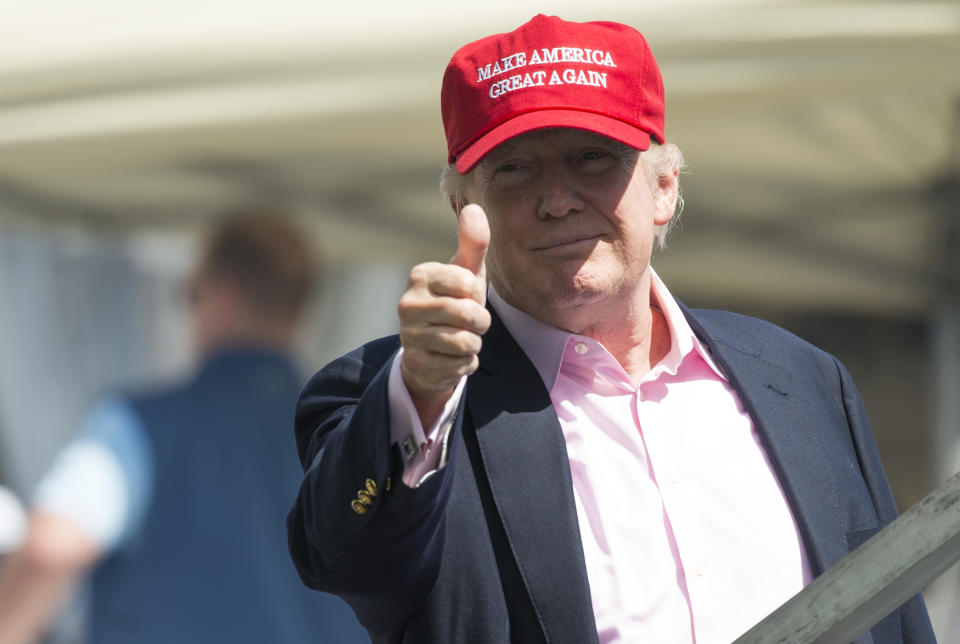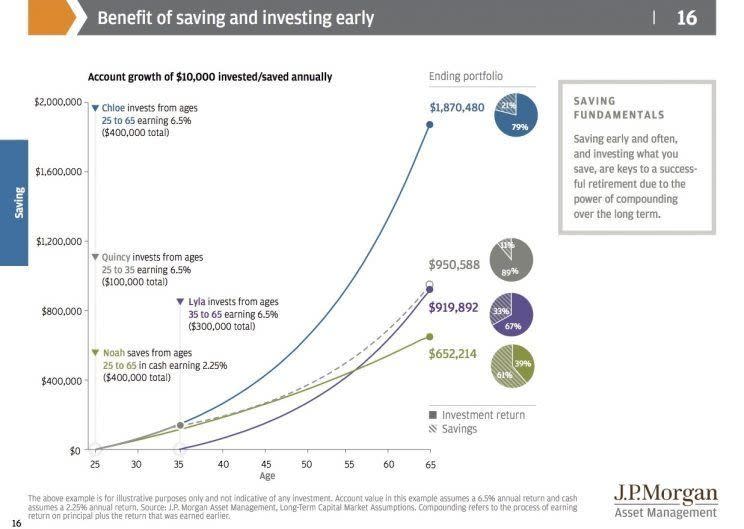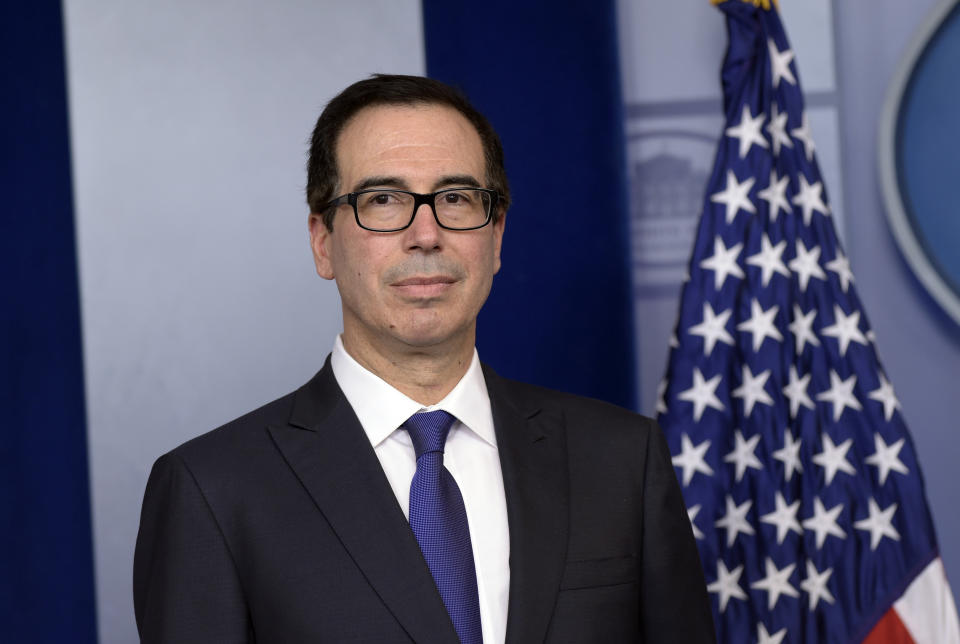Trump keeps reminding America how much he's helping the rich
The stock market is at a record high. And President Donald Trump can’t stop talking about it.
In a tweet on Tuesday morning, the president said, “Stock Market could hit all-time high (again) 22,000 today. Was 18,000 only 6 months ago on Election Day. Mainstream media seldom mentions!”
Stock Market could hit all-time high (again) 22,000 today. Was 18,000 only 6 months ago on Election Day. Mainstream media seldom mentions!
— Donald J. Trump (@realDonaldTrump) August 1, 2017
Trump here is referring to the Dow Jones Industrial Average (^DJI), an index comprised of 30 “blue chip” stocks that are titans of American business. You know its members: Apple (AAPL), Nike (NKE), Verizon (VZ), Procter & Gamble (PG), JP Morgan (JPM), among others.
In addition to the Dow, the S&P 500 — often referred to as the benchmark U.S. stock index — and the Nasdaq, which is more weighted to tech stocks, were also trading near records on Tuesday.
Tuesday’s tweet also follows one sent by Trump on Monday morning talking up the stock market, as well as a Saturday afternoon post, in addition to three tweets sent July 15, including one noting that many attendees at the U.S. Women’s Open golf tournament held at Trump’s golf club in New Jersey were “really happy” with the stock market.
This is also not a new theme for Trump or other administration officials, as we noted the White House took credit for the Dow’s first pop above 20,000 back in January.

46% of America aren’t in the stock market
Unfortunately for many Americans, they are missing out on the benefits of higher stock prices. According to a Gallup poll from May, just 54% of Americans have money invested in stocks, either through individual ownership or as part of a retirement account.
And while this figure is up slightly from a post-financial crisis low of 52% seen in 2016, this number is well below pre-crisis levels, indicating many Americans are either still concerned about investing in the stock market or cannot afford to make this investment.
Gallup’s poll also revealed that Americans over 65 and those who make more than $100,000 per year were the only two groups polled by Gallup that increased their stock market ownership since the crisis. These groups, notably, went for Trump in the election, with Trump winning the 65+ vote by a 53%-45% margin and capturing more of the vote — though by a slim 48%-47% — among voters making between $100,000-$200,000 per year.
According to Gallup, older Americans are no less likely to invest in the stock market now than before the crisis, the percentage of 18-29 year-olds invested in the market today is down 11% from pre-crisis levels. And as we’ve noted before, getting more time in the market is the most important factor for successful retirement saving, as the benefits of compounding interest increase over time.

A recent survey from retail brokerage E-TRADE (ETFC) published this week, however, found that millennial investors are the most eager to get into the stock market, with almost one-third of those polled saying they planned to move out of cash and into the stock market. This could be a sign that younger investors are on the cusp of reversing recent trends that have run counter to what many advisors would recommend.
But as Yahoo Finance’s Rick Newman wrote after the initial post-election pop in the stock market, Trump’s presidency quickly benefitted elites first. This trend has only continued.
Trump has surrounded himself with Wall Street elites
Trump’s cabinet is full of alums from Goldman Sachs (GS), one of the country’s most elite financial institutions. Trump has made 41 trips to his golf courses since inauguration, and the president said at an event in Iowa last month that he, “just [doesn’t] want a poor person,” in a high-level economic position.
And after reports surfaced last week that said Trump strategist Steve Bannon — who is one of these Goldman alums — wanted to raise income taxes on the highest-earning Americans to 44% to finance a middle-income tax cut, the suggestion was later shot down by administration officials.
The stock market’s rally has, in part, been supported by promises for tax reform, with the administration’s pledge for a 15% corporate tax rate fueling investor optimism. GOP leaders last week outlined their goals for a tax reform program, which it hopes to move through Congress this fall.

But as strategist Greg Valliere wrote in a note on Tuesday, “It’s a mystery to us why the White House keeps raising expectations for tax reform. We understand why Republicans want to change the subject after the health reform debacle, but assertions yesterday by White House officials that a tax bill will sail through Congress this fall are wildly optimistic.”
So while Trump’s legislative agenda has been almost entirely stalled out, the stock market has been a bright spot for an administration that has sought to emphasize a focus on economic growth above most all other issues.
Many will also argue that the stock market’s benefits go beyond ownership, with the so-called “wealth effect” created by higher stock prices bolstering the labor market, increasing corporate investment, and lifting broader economic spirits. Consumer confidence, for example, has been elevated since the election and hiring trends have been very strong in the first half of this year.
But whether this rally is fueled by earnings growth in the U.S. corporate sector, hopes for tax reform, or a belief that we’re merely at the beginning of a new bull market run in U.S. stocks, it has undoubtedly benefitted the wealthiest Americans most.
—
Myles Udland is a writer at Yahoo Finance. Follow him on Twitter @MylesUdland
Read more from Myles here:

